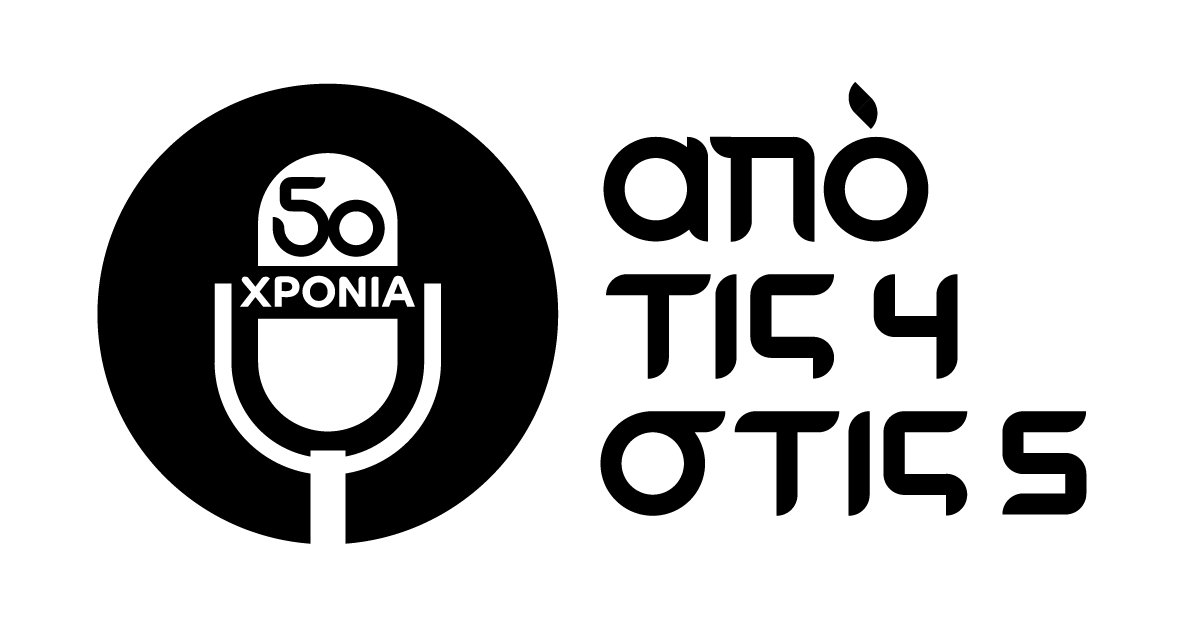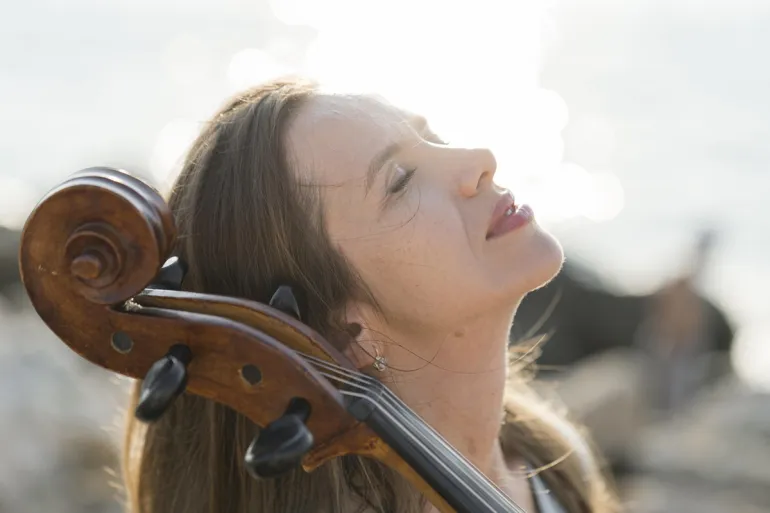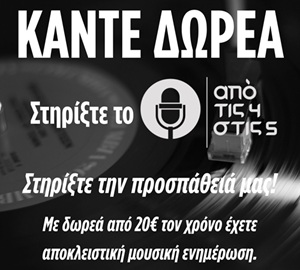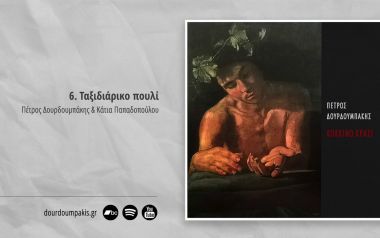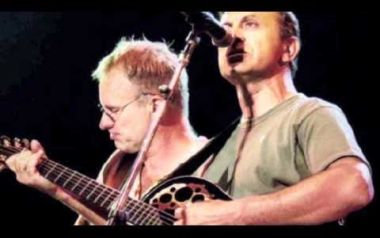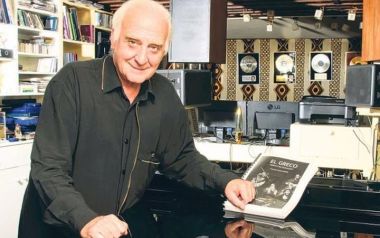Music is a phenomenon of harmony, rhythm, and melody. It creates catharsis, evokes pathos, and stimulates euphoria. Through acoustic dynamics and aesthetic paradigms, music becomes a dialogue between psyche and cosmos. The orchestra performs with energy and technique, producing an atmosphere of dramatic emotion. Each symphony is a chronicle of anthropic ethos, a metaphor of existential nostalgia and utopia. From archaic modes to modern polyphony, music evolves as a synthesis of logic and mysticism. It is a catholic lexicon, a poetic mechanism of mnemonic and kinetic expression. Music transcends mere eudaimonia, it deepens into multiple paradigms of experience. It constitutes therapy, pedagogy, and leads to a holistic paideia for the psyche.
Music, though seemingly eclipsed by technocratic diakrisis and numeric plethora, remains an axiomatic element of human existence. It is not merely aesthetic or eupathetic, it is a psychic necessity, a medium of catharsis, expression, and emotional synthesis. The anthropic inclination toward rhythm and harmonic structure is neither ephemeral nor tychetic. From the neonate stage to senescence, music functions as a universal lexicon that articulates emotion, memory, and identity. Its presence in pedagogy, therapy, and rite affirms its perennial relevance. Neoteric apophasis toward music is not a genuine rejection of interest but a symptom of hyper-information, acoustic chaos, and fragmented cognition. The phenomenon reflects a temporary eclipse, not a terminal catabasis. Music prevails because it is somatic, experiential, and dialogic. It transcends algorithmic mimesis and remains irreplaceable in its capacity to evoke empathy, nostalgia, and transcendence. Its function as a vector of cultural continuity and aesthetic philosophy ensures its persistence. The future of music is not merely numeric, it is ontological. As long as there is Anthropos, there will be melody, rhythm, and resonance. Music is symbiotic with consciousness, and its vitality will endure beyond any ephemeral paradigm.
Μουσική: Μια Φιλοσοφική Συμφωνία
Η μουσική είναι ένα φαινόμενο αρμονίας, ρυθμού και μελωδίας. Προκαλεί κάθαρση, αφυπνίζει πάθος και διεγείρει ευφορία. Μέσα από ακουστική δυναμική και αισθητικά παραδείγματα, η μουσική γίνεται διάλογος μεταξύ ψυχής και κόσμου. Η ορχήστρα εκτελεί με ενέργεια και τεχνική, δημιουργώντας μια ατμόσφαιρα δραματικής συγκίνησης. Κάθε συμφωνία είναι χρονικό του ανθρώπινου ήθους, μια μεταφορά υπαρξιακής νοσταλγίας και ουτοπίας. Από αρχαϊκές κλίμακες έως σύγχρονη πολυφωνία, η μουσική εξελίσσεται ως σύνθεση λογικής και μυστικισμού. Αποτελεί καθολικό λεξιλόγιο, έναν ποιητικό μηχανισμό μνημονικής και κινητικής έκφρασης. Η μουσική υπερβαίνει την απλή ευδαιμονία, εμβαθύνει σε πολλαπλά πεδία εμπειρίας. Αποτελεί θεραπεία, παιδαγωγία και οδηγεί σε μια ολιστική παιδεία για την ψυχή.
Η μουσική, παρότι φαίνεται να επισκιάζεται από τεχνοκρατική διάκριση και αριθμητική πληθώρα, παραμένει ένα αξιωματικό στοιχείο της ανθρώπινης ύπαρξης. Δεν είναι απλώς αισθητική ή ευπαθητική, είναι ψυχική αναγκαιότητα, μέσο κάθαρσης, έκφρασης και συναισθηματικής σύνθεσης. Η ανθρωποκεντρική κλίση προς τον ρυθμό και τη αρμονική δομή δεν είναι ούτε εφήμερη ούτε τυχαιική. Από τη νεογνική φάση έως τη γεροντική ηλικία, η μουσική λειτουργεί ως καθολικό λεξικό που αρθρώνει συναίσθημα, μνήμη και ταυτότητα. Η παρουσία της στην παιδαγωγική, τη θεραπεία και την τελετουργία επιβεβαιώνει τη διαχρονική της σημασία. Η νεωτερική αποφατική στάση απέναντι στη μουσική δεν αποτελεί αυθεντική απόρριψη του ενδιαφέροντος, αλλά σύμπτωμα υπερπληροφόρησης, ακουστικού χάους και κατακερματισμένης νόησης. Το φαινόμενο αντανακλά μια προσωρινή έκλειψη, όχι μια τελική κατάβαση. Η μουσική επιμένει επειδή είναι ενσώματη, εμπειρική και διαλογική. Υπερβαίνει τη αλγοριθμική μίμηση και παραμένει αναντικατάστατη στην ικανότητά της να προκαλεί ενσυναίσθηση, νοσταλγία και υπέρβαση. Η λειτουργία της ως φορέας πολιτισμικής συνέχειας και αισθητικής φιλοσοφίας εγγυάται την επιμονή της. Το μέλλον της μουσικής δεν είναι απλώς αριθμητικό, είναι οντολογικό. Όσο υπάρχει άνθρωπος, θα υπάρχει μελωδία, ρυθμός και αντήχηση. Η μουσική είναι συμβιωτική με τη συνείδηση, και η ζωτικότητά της θα αντέξει πέρα από κάθε εφήμερο παράδειγμα.
…
Η λίστα:
|
Τίτλος |
Αλμμπουμ |
Καλλιτέχνης |
Ημ. Κυκλοφορίας |
|
Apocalypse |
Cigarettes After Sex |
Cigarettes After Sex |
09/06/2017 |
|
I Hear A Symphony |
I Hear A Symphony |
The Supremes |
18/02/1966 |
|
Erotica |
Erotica (PA Version) |
Madonna |
20/10/1992 |
|
Drama |
Baduizm |
Erykah Badu |
1997 |
|
Psycho Killer - Live at The Agora, Cleveland, OH, 12/18/1978 |
Live on Tour '78 |
Talking Heads |
29/08/2025 |
|
euphoria |
euphoria |
Kendrick Lamar |
30/04/2024 |
|
Heroes - 2017 Remaster |
"Heroes" (2017 Remaster) |
David Bowie |
1977 |
|
Phenomena |
Show Your Bones |
Yeah Yeah Yeahs |
2006 |
|
Eleutheria |
Are You Gonna Go My Way |
Lenny Kravitz |
09/03/1993 |
|
Utopia |
Felt Mountain |
Goldfrapp |
01/09/2000 |
|
Eros |
Nightbook (International Version) |
Ludovico Einaudi |
2009 |
|
Nostalgic Echo - Portrait Of Freud |
La vie électronique, Vol. 5 |
Klaus Schulze |
25/06/2010 |
|
Mechanical Heart |
Better Than Home (Track By Track Commentary) |
Beth Hart |
13/04/2015 |
|
Photograph |
The Astrud Gilberto Album |
Astrud Gilberto |
1965 |
|
Total Eclipse of the Heart |
The Very Best of Bonnie Tyler |
Bonnie Tyler |
26/03/2009 |
|
Physical - Remastered 2021 |
Physical (Deluxe Edition) |
Olivia Newton-John |
22/10/2021 |
|
Metamorphosis: Two |
Philip Glass: Solo Piano |
Philip Glass |
22/08/1989 |
|
Sweet Harmony |
Conscience |
The Beloved |
2000 |
|
The Kinetics |
Kaku-Sei |
DJ KRUSH;Mista Sinista |
01/02/1999 |
|
Melancholy Man |
A Question Of Balance |
The Moody Blues |
07/08/1970 |

